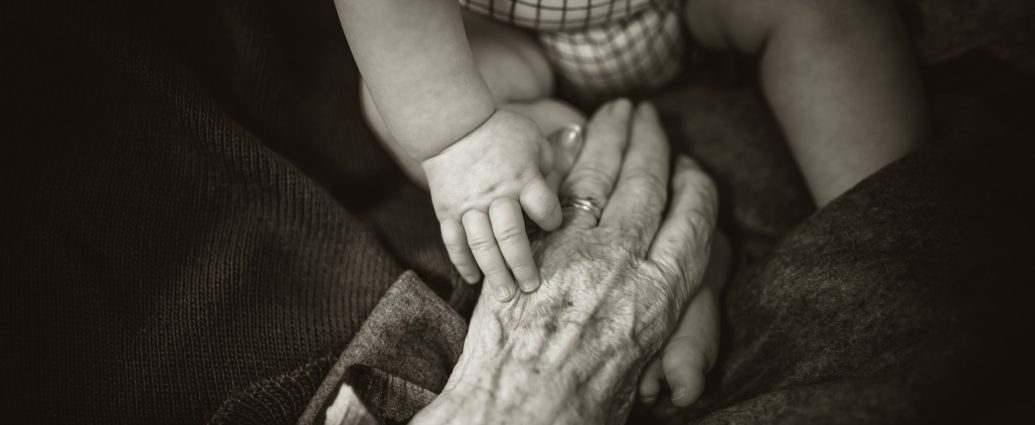It’s 1973. My nanni, aged 15, departs colourful South Asia to dreams of a new concrete jungle, landing in the idyllic North East of England. The age on her passport is set to 18 by her father-in-law in an attempt to gain her access to one of the world’s most sought after countries. Home to growing members of the National Front, the comfort of family, spices, and her mother tongue are now gone.
During her pregnancy with my mama, my nanni struggled to understand the doctors because of the language barrier. She felt alone, isolated, scared and nervous, yet she was determined to provide a better life for her children. The struggle for my nanni to assimilate into a post-industrial town with racial and economic challenges is still apparent today.
A Runnymede report highlighted that the poorest 33% of the population are Asian women, with The Colour of Money exemplifying how child poverty rates are highest in Pakistani and Bangladeshi households at 54% and 60% respectively. Our women are suffering due to a lack of education and our children are stuck in intergenerational cycles of criminality.
In 1977, my mama was living in the North East of England as the daughter of immigrants. Her childhood was spent looking after five other siblings; cooking meals, cleaning the house, and picking them up from school, all the while my nanni was working long shifts to provide for her family.
Growing up, my mama faced racism from the education system. Living in a predominantly white area and feeling like she didn’t fit in with the other South Asians who had no dreams to move out of the North East, the pains of the diaspora were beginning to appear. She had teachers who would hurl racial slurs at her, not allowing her to enter the classroom and told she was good for nothing except bearing children. Despite every adversity pitted against her, she was still the first person in her family to go to university, to break out of cycles of desperation and fractured marriages, and into building a career with financial stability.
“A hyper-visible girl dealing with gendered Islamophobia, racism, general misogyny, and continent changes, all while at school.”
In 2002, I was born in the West Midlands – a third generation South-Asian British girl. The culture I felt aligned towards as a child wasn’t an Asian one but a British one. I felt ashamed of wearing my bright traditional dresses to heritage day or the keema pasties I had in my lunch. My multicultural identity was a curse to me, only then, I didn’t understand how much of a blessing it would be to me too.
In 2011, we moved to the Middle East where I lived for eight years until I was 16. A new aspect was added to the growing sense of who I was and my religious choice. Choosing to wear my Hijab at a young age was like stepping in to become a triple jeopardy – a Muslim woman; a hyper-visible girl dealing with gendered Islamophobia, racism, general misogyny, and continent changes, all while at school.
The fixation I had with my identity limited my identity. I was trying to categorise myself into labels attached to my looks but the words felt empty and detached from my soul. Not knowing where home is to me is okay. Not feeling British enough is not.
“My skin is from a continent foreign to me, my tongue shrieks in a murderous language.”
The country I exist in denies our history together, the curriculum whitewashing imperialism out of our textbooks; the thousands of years before colonialism where South Asia was a thriving economy and Britain a blackwater country. Then in film, our women are either victims to honour killings or pictured selling their souls to terrorism. Never feeling as though I am enough to belong anywhere is partly a result of poor representation.
As a member of the South Asian diaspora, I have a connection to the place my ancestors came from without having ever visited it myself because of the losses we share and the love we have. My skin is from a continent foreign to me, my tongue shrieks in a murderous language, my beautiful culture is lost – but this is not forgotten in three generations of women.
Imaan Asim
Feature image via Rod Long on Unsplash. Image license is available here. This image has in no way been altered.

